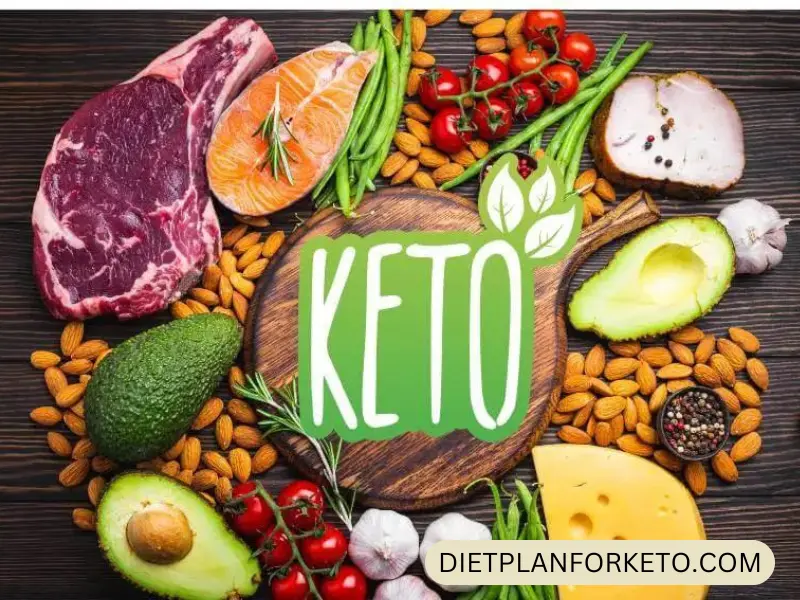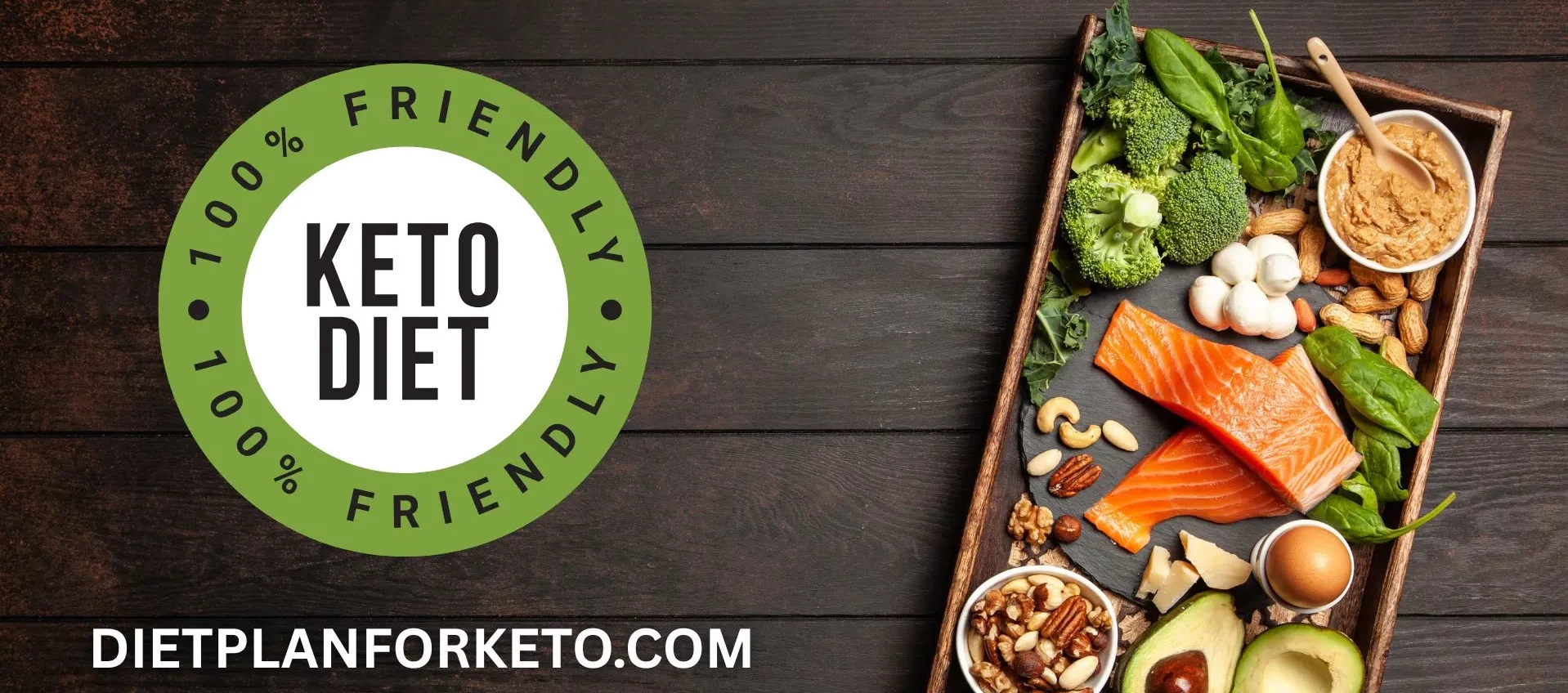The keto diet has gained immense popularity for its impressive weight loss and health benefits, but one common concern is its effect on cholesterol levels.
Since keto is high in fats, many worry that it could raise bad cholesterol (LDL) and increase heart disease risk. But is this fear justified?
In this guide, we’ll explore the science behind keto and cholesterol, debunk common myths, and provide practical tips to manage your cholesterol while following a ketogenic lifestyle.
Table of Contents
- What Is Cholesterol and Why Does It Matter?
- How the Keto Diet Affects Cholesterol Levels
- Types of Cholesterol: The Good vs. The Bad
- Scientific Studies on Keto and Cholesterol
- Why Some People Experience High Cholesterol on Keto
- How to Follow Keto Without Raising Cholesterol
- Best Foods to Eat for Heart Health on Keto
- Lifestyle Tips to Keep Your Cholesterol in Check
- Pros and Cons of Keto for Cholesterol
- Final Thoughts: Should You Worry About Cholesterol on Keto?
1. What Is Cholesterol and Why Does It Matter?
Cholesterol is a waxy, fat-like substance found in every cell of your body. It plays a crucial role in producing hormones, vitamin D, and bile acids needed for digestion. However, when cholesterol levels get too high, especially the bad kind (LDL), it can contribute to heart disease and clogged arteries.
Key Facts About Cholesterol:
- Cholesterol is essential for health but must be balanced.
- Your liver produces cholesterol naturally.
- Diet plays a role, but genetics and lifestyle are major factors.
2. How the Keto Diet Affects Cholesterol Levels
The keto diet focuses on high-fat, moderate-protein, and low-carb intake. This approach forces your body into ketosis, where it burns fat for fuel instead of carbs.
But how does this affect cholesterol?
What Studies Show:
- LDL (Bad Cholesterol): Some people experience a rise in LDL levels on keto, while others see little change.
- HDL (Good Cholesterol): Keto often increases HDL, which is beneficial for heart health.
- Triglycerides: The diet is known to reduce triglycerides, lowering heart disease risk.
3. Types of Cholesterol: The Good vs. The Bad
Understanding the difference between good and bad cholesterol is key to evaluating keto’s impact.
LDL (Low-Density Lipoprotein) – “Bad” Cholesterol
- Can build up in arteries and lead to blockages.
- Not all LDL is harmful—small, dense LDL is riskier than large, fluffy LDL.
HDL (High-Density Lipoprotein) – “Good” Cholesterol
- Helps remove excess cholesterol from the bloodstream.
- Higher levels reduce the risk of heart disease.
4. Scientific Studies on Keto and Cholesterol
Several studies have examined keto’s impact on cholesterol:
- A 2017 Study Published in the Journal of Nutrition: Found that a well-formulated ketogenic diet improved HDL and reduced triglycerides.
- A 2018 Meta-Analysis: Showed that while LDL levels sometimes rise, they often shift to a less dangerous form.
🔗 Significant Impact of the Ketogenic Diet on Low-Density Lipoprotein Cholesterol Levels
5. Why Some People Experience High Cholesterol on Keto
Several factors can contribute to increased cholesterol levels:
✅ Weight Loss Phase: Rapid fat loss can temporarily increase cholesterol.
✅ Genetics: Some individuals are genetically predisposed to higher LDL.
✅ Diet Choices: Eating excessive saturated fats without fiber can negatively impact cholesterol.
6. How to Follow Keto Without Raising Cholesterol
Here are ways to enjoy keto while maintaining heart health:
✔ Choose healthy fats (avocados, olive oil, nuts, butter).
✔ Limit processed meats and high-saturated fat dairy.
✔ Increase fiber intake with non-starchy vegetables.
✔ Exercise regularly to improve cholesterol balance.
7. Best Foods to Eat for Heart Health on Keto
Best Fats: Avocados, olive oil, nuts, seeds.
Best Proteins: Fatty fish, grass-fed meats, eggs.
Best Fibers: Leafy greens, chia seeds, flaxseeds.
Avoid trans fats, processed foods, and excess saturated fat.

8. Lifestyle Tips to Keep Your Cholesterol in Check
🛑 Avoid smoking and excessive alcohol.
🏋️ Engage in regular physical activity.
🧘 Manage stress through meditation or yoga.
🥗 Eat a variety of heart-friendly keto foods.
9. Pros and Cons of Keto for Cholesterol
✅ Pros:
- Increases good cholesterol (HDL).
- Reduces triglycerides.
- Can lead to weight loss and metabolic health improvements.
❌ Cons:
- May raise LDL in some individuals.
- Requires careful food choices.
- Not suitable for those with certain genetic predispositions.
10. Final Thoughts: Should You Worry About Cholesterol on Keto?
The keto diet can influence cholesterol levels, but it doesn’t necessarily increase heart disease risk.
For most people, keto improves cholesterol markers, especially HDL and triglycerides.
However, if you experience rising LDL, focus on consuming healthy fats, fiber, and engaging in regular exercise.
💡 If you’re unsure, consult with a doctor and monitor your cholesterol levels periodically.
